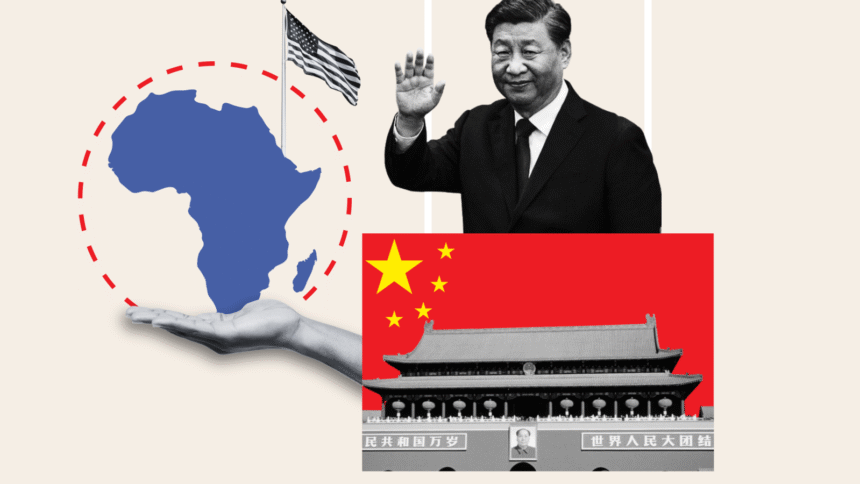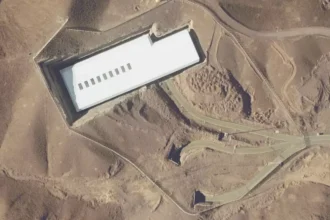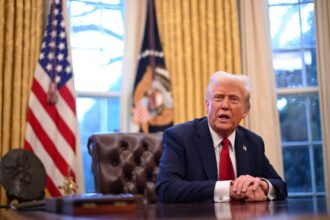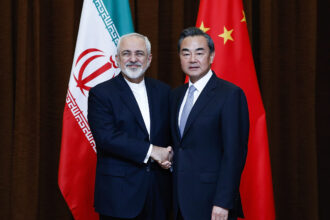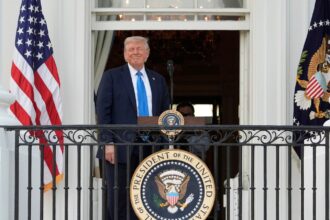In the past two decades, China has rapidly expanded its presence across Africa — investing in infrastructure, natural resources, telecommunications, and political partnerships. From building mega-projects to offering billions in low-interest loans, China has outpaced the United States in its strategic engagement with the continent. But the question remains: why hasn’t the U.S. responded with equal force?
How China Took the Lead in Africa
- Massive Infrastructure Investments
China has funded and constructed roads, railways, ports, and airports across dozens of African countries. Projects like the Standard Gauge Railway in Kenya and industrial zones in Ethiopia showcase Beijing’s influence in shaping the continent’s development. - Natural Resource Extraction
Africa’s oil, copper, cobalt, and rare earth minerals are key to China’s industrial and tech ambitions. Chinese firms have secured long-term deals in countries like Angola, the Democratic Republic of Congo, and Sudan. - Debt-for-Diplomacy
By offering large-scale loans with fewer political conditions than Western lenders, China has gained loyalty and strategic leverage in Africa. In return, many African nations support Beijing in international forums like the UN. - Soft Power and Technology Exports
From Confucius Institutes to Huawei networks and surveillance systems, China is also exporting its cultural and digital infrastructure, embedding long-term dependence.
Why the U.S. Has Fallen Behind
- Short-Term Approach vs. Long-Term Strategy
The U.S. tends to approach Africa through short-term aid packages, counterterrorism partnerships, or emergency health initiatives. In contrast, China’s play is long-term — focused on economic ties and geopolitical alignment. - Competing Priorities
Washington’s foreign policy in the last two decades has been dominated by the Middle East, Russia, and now China itself — mostly in the Pacific. Africa, while strategically important, often falls off the radar of U.S. policymakers. - Private Sector Reluctance
Unlike China’s state-owned enterprises, American companies often view Africa as risky due to unstable regulations, corruption, and security concerns. Without strong government backing, U.S. businesses are slower to engage at scale. - Values-Based Conditions
The U.S. typically ties aid and investment to democratic reforms, human rights, and transparency. While ethically commendable, this often slows down deals compared to China’s “no-strings-attached” model.
Can the U.S. Catch Up?
There are signs of renewed interest. The Biden administration launched the U.S.-Africa Leaders Summit and announced billions in investments for infrastructure, clean energy, and digital technology. However, reversing years of strategic neglect will take more than headlines—it requires sustained political will, private sector incentives, and long-term trust-building.
Final Thought
While China has entrenched itself deeply in Africa’s future, the U.S. still has opportunities—particularly in education, healthcare, technology, and democratic partnerships. But unless it adopts a consistent and competitive strategy, Africa will remain a region where Beijing calls most of the shots.

